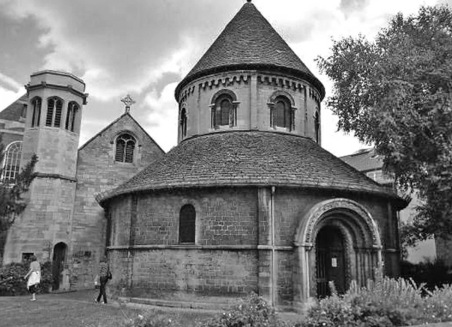All tourists are welcome, Cambridge insists


Tourism officials are encouraging visitors to stay in Cambridge for more than a day, and are pointing out that there is plenty to see beyond the university and more to do than merely punting on the River Cam.
"It's also a city that's famous for science, technology, innovation and entrepreneurialism. It's a city for festivals," Milne said.
Beiwei 55 Degrees Travel, a tour company in London, said it limits groups to 15 people or fewer, to enable travelers to have "a more intimate and personable experience".
Andrew Speke, operations manager and tour guide at Beiwei 55, said Cambridge could look at offering incentives to encourage international visitors to plan their visits to the city outside the peak season. It could also consider ways to expand the tourist experience, perhaps into the nearby countryside.
Some Cambridge residents have welcomed plans to reduce the number of visitors in tour groups.
Simon Goorney, a student in the city, said large groups of tourists can make traveling around Cambridge tricky at times. "The main issue is when you're cycling and you encounter large groups of tourists. It's very difficult," he said.
Zhang Qiankun, 25, an engineering student, said, "I think the problem of blocking roads occurs when tourists start taking photos. They don't usually care what's happening around them."
Zhang said that when he cycles in the city center he sometimes needs to "twist around in order to avoid travelers", and at times almost collides with them.
A 26-year-old PhD student, who only gave her name as Sarah, said tourist numbers are especially a problem during the summer holidays.
"Roads in Cambridge were not built for such a big population, so even without tourists, traffic has become a huge issue in the city," she said.
Last year, John Hipkin, a Cambridge city councilor, told The Guardian newspaper: "Tourism is a great part of modern life. But if it gets out of hand, it can threaten the character of tourist destinations."
According to James Kennell, principal lecturer in tourism at the University of Greenwich in London: "Small, historic towns and cities struggle to accommodate increasing numbers of large groups, along with meeting the needs of individual travelers. The growth of accommodation options such as Airbnb means that destination managers are finding it ever-harder to know how many tourists are visiting."
Experts said rising numbers of Chinese tourists to the UK are undoubtedly having an impact on the sector's growth, but they are still a small proportion of the total. They believe that as Chinese tourists have begun to venture further from London, in groups or as independent travelers, they are having a much bigger impact on smaller towns and cities.
Kennell believes Chinese tourism is a huge opportunity for the UK, but it needs to be planned and managed sustainably.
"If Chinese visitors go to cities such as Cambridge and find them overcrowded and not like they imagined, they won't come back," he said.
A report by the China Tourism Academy and Ctrip, the country's largest online travel retailer, said outbound Chinese tourist numbers last year reached 130 million, and are expected to hit 220 million by 2025. This is due to rising disposable income, fewer visa restrictions, better exchange rates and increased flight connections.
Chinese tourists' changing tastes might offer some reassurance to cities coping with bus-filled tour groups, as many of these travelers are now planning trips themselves.
Travel experts said this is a sign that some areas of the outbound Chinese market are slowly maturing.

































